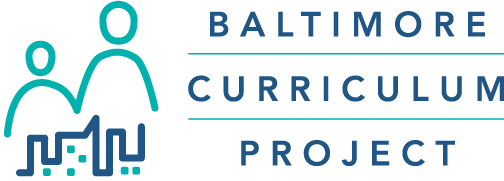History
The City’s Leader in Education Reform
1996
The Baltimore Curriculum Project (BCP) is founded by Dr. Muriel Berkeley and Robert C. Embry, Jr., President of The Abell Foundation. BCP pilots Direct Instruction curriculum at six elementary schools: Arundel, Robert Coleman, General Wolfe, Roland Park, Hampstead Hill, and City Springs.
1998
Baltimore City Public Schools institutionalizes Direct Instruction as an alternative curriculum for 18 schools.
2003
The Maryland General Assembly established the Maryland Charter School Law “to establish an alternative means within the existing public school system in order to provide innovative learning opportunities and creative educational approaches to improve the education of students.”
2005
BCP becomes a charter operator, converting two schools: City Springs and Hampstead Hill are part of the first cohort of charter schools to open in Baltimore City.
2006
BCP pilots Restorative Practices at City Springs and Hampstead Hill with support from OSI-Baltimore and the Goldsmith Family Foundation.
2007
BCP converts Wolfe Street Elementary into a neighborhood charter school. BCP implements Northwest Evaluation Association (NWEA)’s online Measures of Academic Progress (MAP) to assess student growth in reading and mathematics.
2008
BCP launches Leading Minds Education Forum Series.
2014
BCP pilots Core Knowledge Read-Alouds at City Springs, Hampstead Hill and Wolfe Street.
2015
BCP converts Govans Elementary into a neighborhood charter school.
2017
BCP converts Frederick Elementary into a neighborhood charter school.
2019
Wolfe Street is the first school in Maryland to receive an 8-year charter renewal based on 12 years of success.
2021
BCP converts Pimlico Elementary/Middle into a neighborhood charter school.
